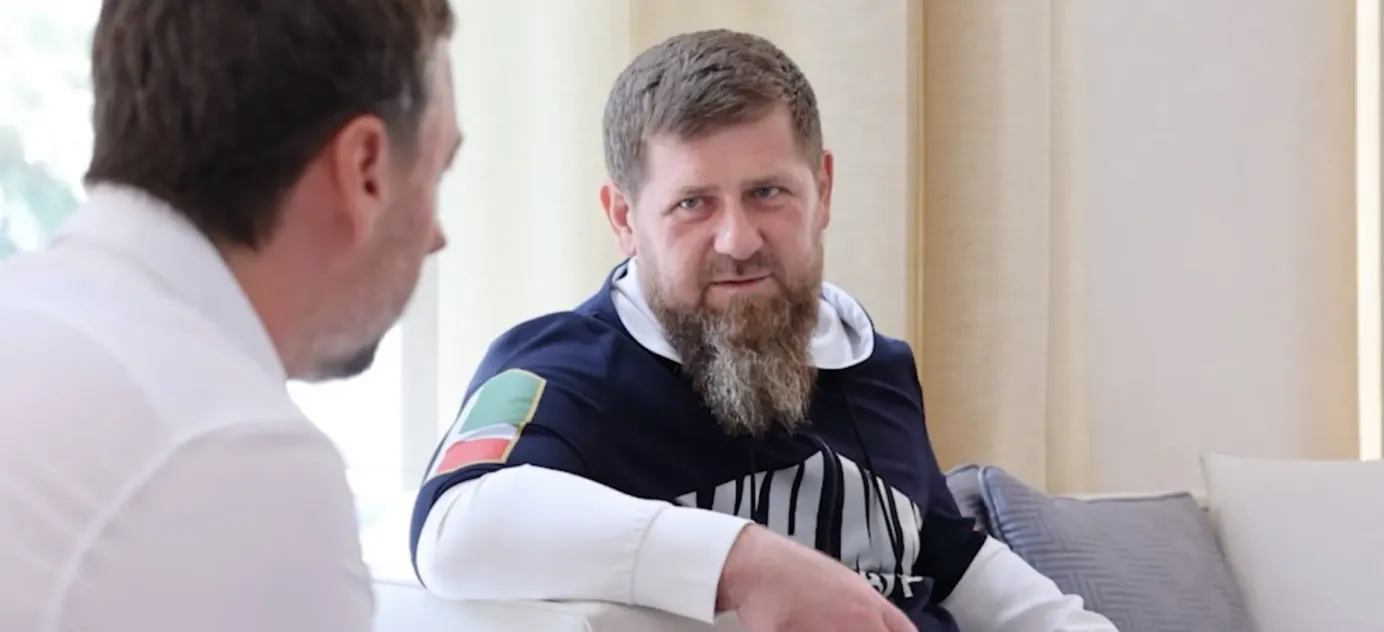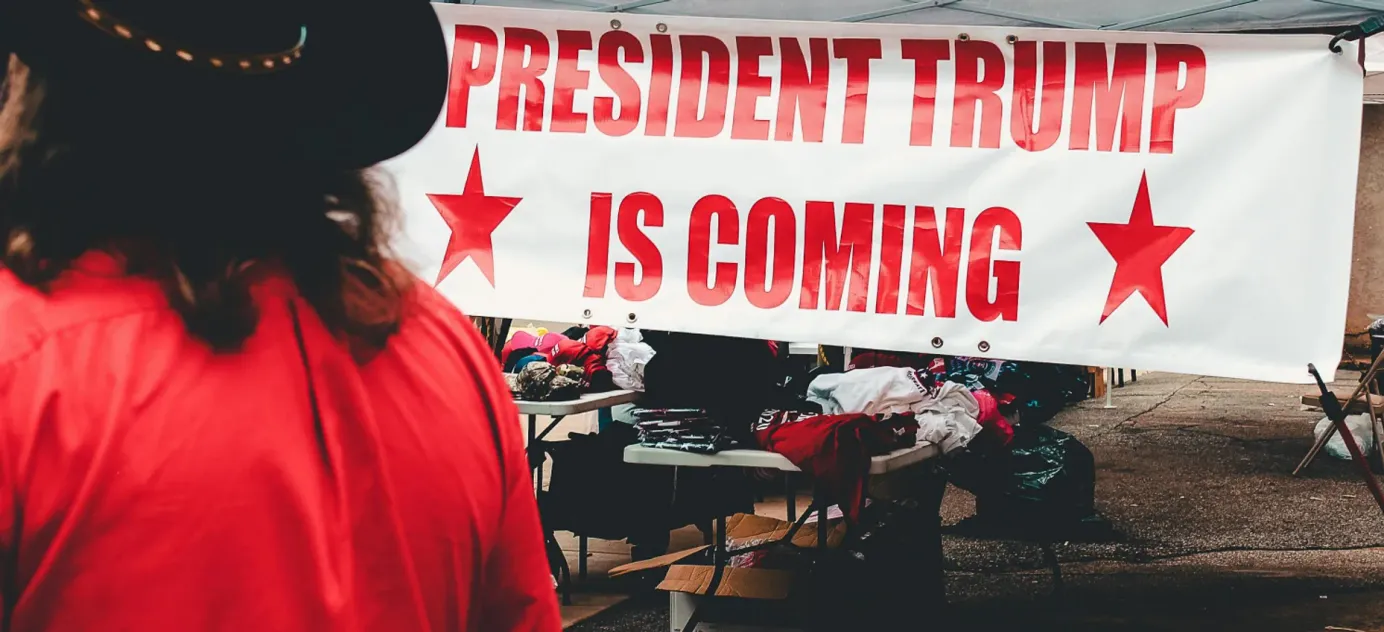
Divorce, Kadyrov and corporate raiders: The blockbuster saga at Wildberries
Online shopping has belatedly become a major industry across Russia over the last five years. After a slow start, online marketplaces are thriving and pick-up points can be found all over the country, even in the smallest remote villages. But market leader Wildberries hit the headlines last week for something other than its rapid growth, with a scandal that involves a major corporate takeover and a multi-billion-dollar divorce. The saga has spiraled into one of the biggest domestic business stories since the start of the war after co-owner Vladislav Bakalchuk publicly set his (soon to be ex-) wife — Tatyana Bakalchuk, the company founder — on a collision course with Chechen leader Ramzan Kadyrov.
- Until recently, the story of Wildberries and its founder Tatyana Bakalchuk had all the hallmarks of a feel-good Hollywood flick: an English teacher from the outskirts of Moscow who, out of little more than hard work built Russia’s biggest online marketplace from scratch and claimed her title the country’s wealthiest woman. That’s the versionthe company likes to promote anyway. In reality, Tatyana’s husband, Vladislav, was already an experienced entrepreneur when she launched Wildberries. He was running a telecoms business and had earnt several million dollars from selling a stake in an internet provider. At the same time, he became acquainted with his future business partner Sergei Anufriyev, who offered to buy him $1-5 million worth of Adidas products for Wildberries to sell in Russia. Anufriyev later became a powerful shareholder in the businesses. A source told The Bell he was able to “indicate which suppliers to take, how to do marketing, anything.”
- After years of exponential growth, Wildberries in June announced a peculiar deal to merge with Russ, an outdoor advertising company that owns billboards across the country (more about that deal here). The merger was personally approved by President Vladimir Putin. The deal was particularly strange in that it was presented as a merger of equals, even though Wildberries is both far bigger than Russ and operates in a sector of the economy set to grow rapidly for years to come. Outdoor advertising, on the other hand, is a relatively small and potentially declining industry. Explanations that the deal would transform Wildberries from a simple retailer into a media platform don’t stand up to scrutiny given the marketplace already has an audience in the millions, as well as its own sophisticated technology and marketing infrastructure. After the merger was announced, several top managers started to quit Wildberries — including Anufriyev.
- Last week, seemingly out of nowhere, Chechen leader Ramzan Kadyrov published a video of him in conversation with Vladislav Bakalchuk in which he blasted those behind the deal — and backed Vladislav in a divorce spat that has now become the country’s most high-profile break-up. Vladislav complained to Kadyrov that his wife “left home, got involved with some unknown company which, under the guise of a merger, is squeezing out the business and stripping its assets.” In response, Kadyrov slammed those who would “destroy a family that has seven children,” saying that he “doesn’t consider them human” and calling them “devils.” The Chechen leader then ordered his right-hand man, deputy Adam Delimkhanov, to “sort it out.” Delimkhanov immediately announced that he was ready and taking action.
- Kadyrov specifically accused Russ’s owners of mounting a raider-takeover, pointing the finger at Levan and Robert Mirzoyan. According to Vladislav Bakalchuk, his wife “left home” in April and “began talking” with the Mirzoyans. She then removed her husband from Wildberries management and proposed the merger plan. Tatyana Bakalchuk herself wrote on social media that the deal is not a “raid” or hostile takeover. She said she is divorcing her husband and that he owns just 1% of the company. She called the merger with Russ an “essential transformation to maintain the rate of growth and development.”
- The Bell spoke with several market sources familiar with the deal — most are convinced that the merger is being pushed by Suleiman Kerimov, a senator and oligarch from Putin’s inner circle who they say backs Russ.
- Russian entrepreneur and co-owner of the DNS tech chain Dmitry Alexeyev believes that Bakalchuk could lose control over the company, highlighting how the company is now registered at Russ’ corporate address and that the Mirzoyans will be “hard to oust”.
- Absolutely all market sources agree that personal circumstances are playing a major role in both the merger and the subsequent conflict. “Tatyana fell in love, and her love is connected with Russ,” one source told Forbes, saying how people in Russ may have helped Wildberries get out of a potentially tricky legal situation. The starting point for that could have been a January fire at one of Wildberries’ biggest warehouses near St. Petersburg, a source told The Bell. After it emerged that the warehouse did not have all the required permits, Wildberries ran into problems with the authorities, with Investigative committee chief Alexander Bastrykin personally ordering the opening of a criminal case into the fire. The Russ owners reportedly helped to quash any further escalation for Wildberries — and are now cashing in.
Why the world should care:
Wildberries has a unique place in the Russian economy. In 2023, goods worth 2.5 trillion rubles ($29 billion) were sold on the platform — more than 5% of all Russian retail trade. But a shareholder conflict in such an important company, plus the personal involvement of Ramzan Kadyrov, make this more than just a business squabble. This conflict is an important test for Kadyrov himself. The war enabled the Chechen leader to acquire several new assets through his proxies — but is he powerful enough to unpick a deal that was personally approved by Putin?





